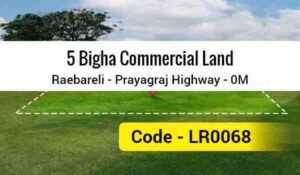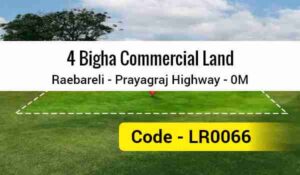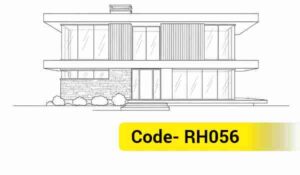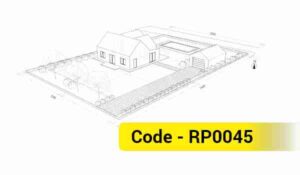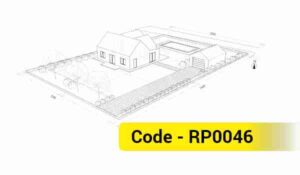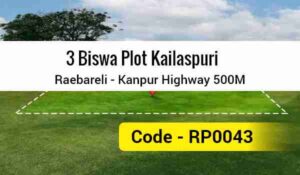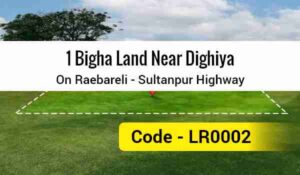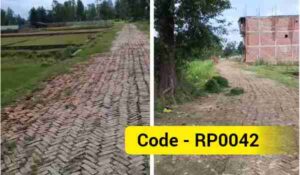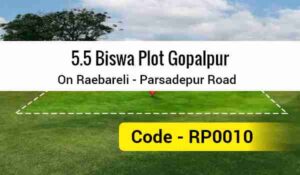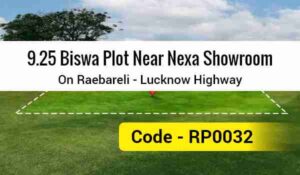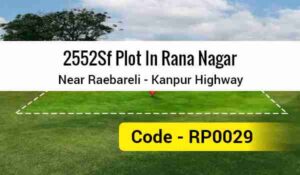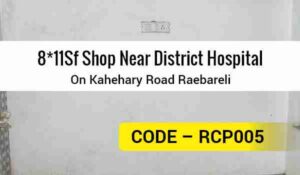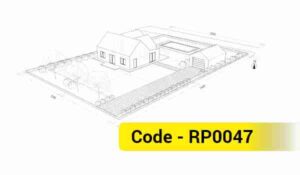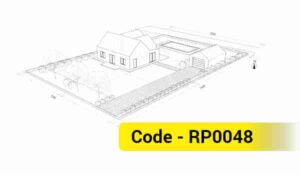These 15 Legal Terms Can Save Your Property – Learn Them Today!
Property (real estate) related legal aspects can be complex, and mistakes without proper knowledge can be costly. In a rapidly developing city like Lucknow, where the Lucknow Development Authority (LDA) and Uttar Pradesh Real Estate Regulatory Authority (UPRERA) regulate property-related processes, understanding legal terminology becomes even more crucial. This guide will help you navigate property buying, selling, or management in Lucknow. These Legal – laws apply across Uttar Pradesh, including Lucknow and Raebareli.

Property-Related Legal Terminology
Below is a list of legal terms related to property transactions, ownership, and development, along with detailed explanations. Each term is contextualized for Lucknow to provide clarity on the local scenario.
1. Will
Definition: A legal document created by the owner to specify the distribution of their property after death.
Details: The will outlines who will inherit the property and under what conditions. In India, registering a will is optional, but a registered will helps avoid disputes.
Relevance in Lucknow: Wills are common for distributing family properties in Lucknow. If unregistered, a probate may be required in court.
Tip: Ensure the presence of two witnesses and seek legal advice while drafting a will.
2. Probate
Definition: The process of court certification to validate a will, proving its authenticity.
Details: Issued by a civil court, probate is necessary for property transfer in certain cases.
Relevance in Lucknow: In Lucknow, civil courts (e.g., District Court) accept probate applications, especially for high-value or disputed properties.
Tip: The probate process can be time-consuming, so apply early.
3. Succession Certificate
Definition: A document issued by a civil court to certify the succession of a deceased person’s property without a will.
Details: It authorizes heirs to transfer the property.
Relevance in Lucknow: Useful in Lucknow for cases without a will, such as family properties.
Tip: Succession is determined by the Hindu Succession Act, 1956, or other religion-based laws.
4. Conveyance Deed
Definition: A document that fully transfers property ownership, especially from a developer or housing society to an individual buyer.
Details: Used for converting leasehold properties to freehold or transferring flats in societies.
Relevance in Lucknow: In LDA-developed colonies (e.g., Gomti Nagar, Jankipuram), a conveyance deed may be part of the freehold process.
Tip: Register the conveyance deed and ensure stamp duty payment.
5. Relinquishment Deed
Definition: A document where an individual voluntarily relinquishes their share in a property.
Details: Common in joint ownership or succession, where a co-owner transfers their share to others.
Relevance in Lucknow: Widely used in Lucknow for family property divisions.
Tip: Registration and stamp duty payment are mandatory.
6. Partition Deed
Definition: A legal document that divides joint property among co-owners.
Details: It specifies which portion of the property goes to each owner.
Relevance in Lucknow: Useful for family properties or jointly owned land in Lucknow.
Tip: Register the partition deed and ensure consent from all co-owners.
7. Adverse Possession
Definition: Gaining legal ownership of a property by occupying it without permission for 12 years.
Details: Governed by the Limitation Act, 1963 in India, the occupation must be open, continuous, and hostile.
Relevance in Lucknow: Relevant in Lucknow for encroachment cases, especially in rural or semi-urban areas.
Tip: Regularly monitor your property to prevent encroachment.
8. Benami Property
Definition: Property purchased in someone else’s name while the real owner is different.
Details: Prohibited under the Benami Transactions (Prohibition) Act, 1988, except for exceptions like family purchases.
Relevance in Lucknow: Strict actions are taken against benami properties in Lucknow, especially for tax evasion.
Tip: Always buy property in the real owner’s name.
9. Licence Agreement
Definition: An agreement for the temporary use of a property, such as renting.
Details: Differs from a lease as it does not transfer ownership.
Relevance in Lucknow: Common for rented properties (e.g., flats, shops) in Lucknow.
Tip: Create a written and notarized agreement for renting.
10. Revocation Deed
Definition: A document to cancel an existing legal document, such as a Power of Attorney (POA).
Details: Used when the owner wishes to revoke the POA.
Relevance in Lucknow: Important in Lucknow to prevent POA misuse.
Tip: Register the revocation deed if the original POA was registered.
11. Land Title Insurance
Definition: Insurance to protect against disputes related to property ownership.
Details: Still emerging in India but gaining traction in large projects.
Relevance in Lucknow: Some developers (e.g., DLF, Omaxe) in Lucknow are starting to offer title insurance.
Tip: Consider it for high-value properties.
12. Land Ceiling Act
Definition: A law regulating the maximum land an individual can hold.
Details: The Uttar Pradesh Urban Land (Ceiling and Regulation) Act, 1976, is largely repealed but may apply to old properties.
Relevance in Lucknow: Relevant in older areas of Lucknow (e.g., Charbagh).
Tip: Check land records at the tehsil office for old properties.
13. Sub-Lease
Definition: When a leaseholder rents out the property to a third party during the lease period.
Details: Requires permission from the original owner or authority (e.g., LDA).
Relevance in Lucknow: Mandatory for sub-leasing LDA leasehold properties.
Tip: Ensure the sub-lease agreement is written and registered.
14. Property Tax
Definition: A tax paid by the property owner to the local authority.
Details: Depends on the property’s size, location, and use (residential/commercial).
Relevance in Lucknow: Collected by the Lucknow Municipal Corporation (LMC), payable online.
Tip: Pay on time to avoid penalties.
15. Map Approval
Definition: The process of getting building plans approved by LDA or the municipal corporation before construction.
Details: Ensures compliance with building bylaws (e.g., setback, FAR).
Relevance in Lucknow: Mandatory in Lucknow under Master Plan 2031.
Tip: Unauthorized construction is considered illegal.
Property Laws in Lucknow: Additional Insights
LDA’s Leasehold to Freehold Process
-
Many LDA colonies (e.g., Gomti Nagar, Jankipuram) in Lucknow are initially leased for 99 years.
-
Converting to freehold requires paying 10-15% (or more) of the circle rate to LDA.
-
The process may include mutation, map approval, and NOC.
-
Apply via LDA’s online portal (ldaonline.in) or office.
UPRERA and Complaint Resolution
-
UPRERA mandates registration of new projects and protects buyer interests.
-
Projects like Gomti Nagar Extension, Sultanpur Road, and Raebareli Road require RERA registration.
-
File complaints at up-rera.in in case of delays or fraud.
Property Disputes and Court Cases
-
Property disputes (e.g., ownership, encroachment, succession) in Lucknow are resolved in civil courts or district magistrate courts.
-
Common issues include illegal occupation, faulty titles, or family divisions.
Lucknow Master Plan 2031
-
Master Plan 2031 strictly controls land use (residential, commercial, industrial) in Lucknow.
-
Unauthorized land use may lead to LDA issuing notices or halting construction.
Circle Rate and Stamp Duty
-
Circle rates vary by area in Lucknow (e.g., Hazratganj: ₹50,000-₹1,00,000/sq.m; Gomti Nagar: ₹20,000-₹50,000/sq.m, estimated 2025 figures).
-
Stamp duty: 7% for men, 6% for women (with some concessions).
Tips for Buying or Managing Property
-
Document Verification: Check khasra/khatouni, EC, and RERA registration. Prioritize LDA-approved colonies.
-
Legal Advice: Consult a property lawyer for document verification, especially for succession or disputed properties.
-
Online Resources: Use LDA (ldaonline.in), UPRERA (up-rera.in), and UP Bhulekh portals.
-
Property Tax: Pay online via the LMC website and ensure timely payment.
-
Encroachment Prevention: Regularly monitor your property and maintain clear boundaries.
Conclusion
Understanding property-related legal terminology is essential for buying, selling, or managing property in Lucknow. Knowledge of wills, probate, succession certificates, and conveyance deeds can protect you from risks. Authorities like LDA and UPRERA ensure transparency, but proper information and caution are vital. For specific queries or details about areas (e.g., Gomti Nagar, Sultanpur Road), contact the LDA office, UPRERA portal, or a property lawyer.
Note: This blog is based on information up to July 2025. Check with local authorities for changes in circle rates, stamp duty, or other regulations.

